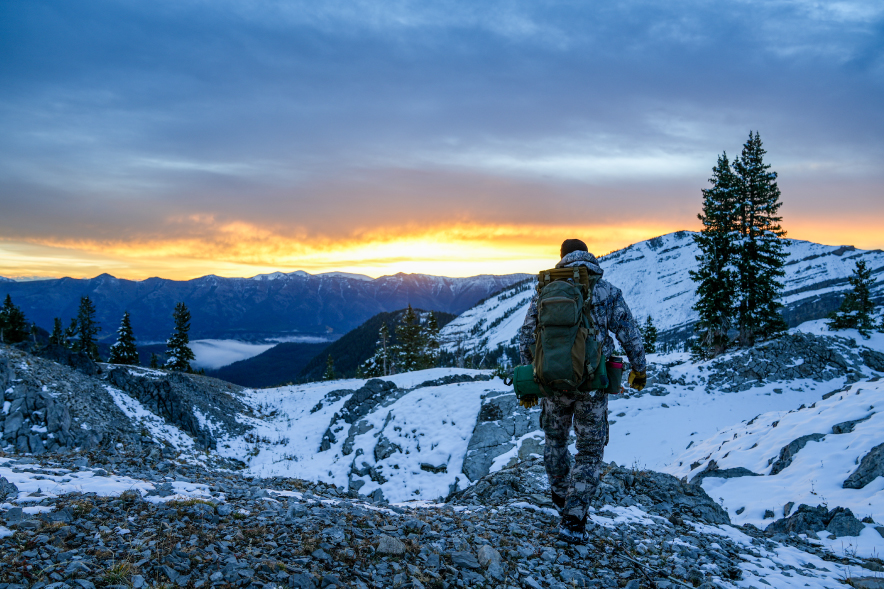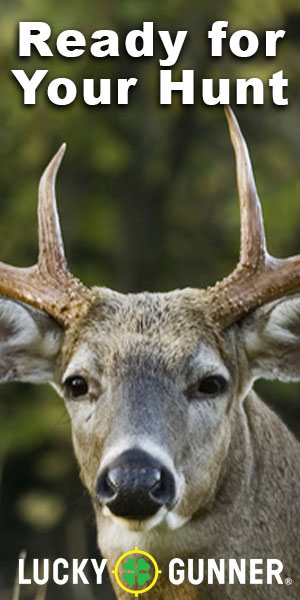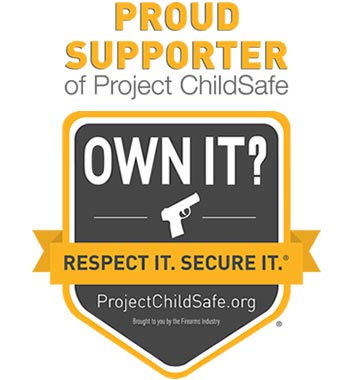Hunting Seasons and Regulations
Hunting is a long-standing tradition that connects us with nature. It helps us test our skills and enjoy real adventure. To protect wildlife and keep nature balanced, hunting seasons and rules exist. These guidelines make sure animals and habitats stay healthy. This article explains why hunting seasons and regulations matter, how they are made, and how they support responsible hunting.
The Purpose of Hunting Seasons and Regulations
Hunting rules have one main goal – to manage wildlife responsibly. Wildlife agencies use hunting seasons to control how many animals are taken each year. This prevents overhunting and keeps animal populations steady. Experts rely on science and research to decide fair hunting limits for each area so that nature remains balanced and sustainable.
Preserving Wildlife and Habitat
Hunting seasons protect both animals and the places they live. By setting harvest limits, agencies help keep populations strong and stable. Rules often stop hunting in special areas like breeding grounds or wildlife refuges to protect vulnerable species during important times in their lives. These efforts help ensure that wildlife continues to thrive for generations to come.
Balancing Conservation and Recreation
Hunting helps with conservation but is also a fun outdoor activity. Rules and seasons create balance between protecting animals and letting hunters enjoy their sport. These guidelines maintain healthy game numbers while giving hunters a chance to participate responsibly. By following these rules, hunters contribute to wildlife management and help preserve the outdoor experiences they love.
Establishing Hunting Seasons
Wildlife experts use careful research to set hunting seasons. They study animal populations, birth rates, and habitat conditions to decide when hunting should happen and how many animals can be taken. Stakeholders, such as hunters and conservation groups, also share their input before final rules are made. This teamwork ensures that hunting seasons reflect both science and community values.
The Role of Hunting Regulations
Hunting regulations guide how hunters act in the field. They set limits on bag numbers, weapon types, and hunting methods. Some rules also restrict the age or gender of animals that can be hunted. By following these laws, hunters help manage wildlife, protect the environment, and show respect for nature. Responsible hunting ensures a fair and ethical experience for everyone involved.
Enforcement and Compliance
Rules only work if hunters follow them. Wildlife officers monitor hunting areas, check licenses, and enforce regulations to ensure fair play. Hunters must know the local laws and follow them carefully to keep hunting safe and sustainable. When hunters take responsibility for their actions, they protect the future of the sport and the wildlife it depends on.
Education and Outreach
Learning is a big part of responsible hunting. Wildlife agencies and conservation groups teach hunters through classes, workshops, and online programs. Hunter education courses explain safety, laws, and ethical behavior in the field. When hunters stay informed, they protect both wildlife and the hunting tradition, helping to build a community of respect and responsibility.
The Benefits of Responsible Hunting
Responsible hunting brings many benefits. It keeps animal populations healthy and prevents overpopulation, which reduces conflicts between humans and wildlife. It also supports habitat conservation and boosts local economies through tourism and the sale of hunting licenses. Most importantly, hunting connects people to the outdoors, builds respect for nature, and strengthens our connection to the land.
Conclusion
Hunting seasons and regulations protect wildlife and preserve natural habitats. Every hunter should learn the rules, hunt ethically, and support conservation. By doing so, we can pass down a healthy, sustainable hunting tradition for future generations. Let’s honor the spirit of responsible hunting and protect the wild places we love.
We Encourage and Welcome Comments
If you liked this post, please share it with a friend or on social media. Thank you for helping us spread awareness!





